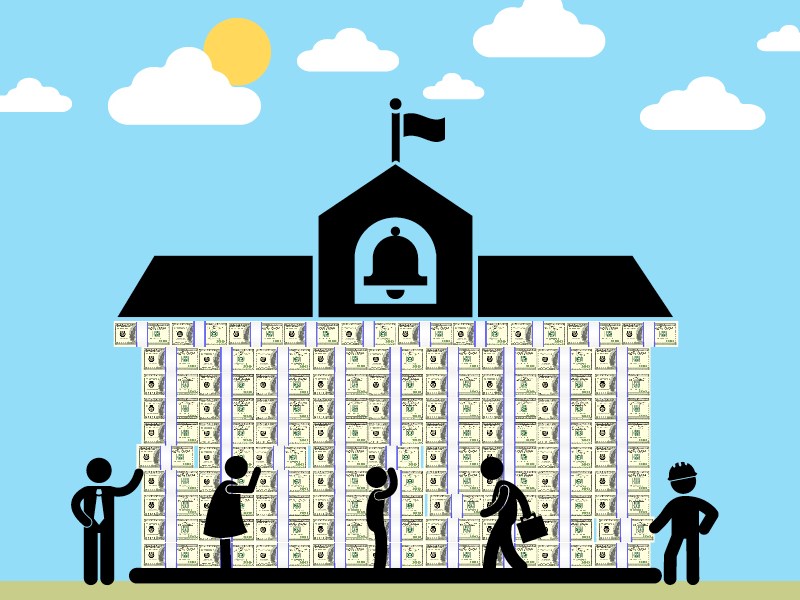Some Minnesota public health agencies and dental professionals have noticed distrust of tap water in some immigrant communities and communities of color.
Many residents are purchasing bottled water rather than drinking the water from their taps because of experience with unsafe water in their home countries and old pipes in homes that can affect water color and flavor, among other reasons.
Sahan Journal spoke to public health agencies, public works officials, and dental professionals about why they’re recommending Minnesotans drink tap water.
Here’s what you need to know.
Where does Minneapolis tap water come from?
Minneapolis tap water comes from the Mississippi River.
How is Minneapolis tap water treated?
Minneapolis Public Works treats tap water by removing the color and minerals present in water from the river. It’s filtered to remove tastes and odors, and treated with chlorine to protect residents from waterborne diseases. The mineral fluoride is added.
What is fluoride?
Fluoride is a mineral that helps prevent tooth decay. It’s added to toothpaste, Minnesota tap water, some bottled water, and is also found naturally in many foods.
It can also be found in varying levels in well water due to the erosion of rocks underground.
Why is fluoride added to Minnesota tap water?
Fluoride is added to tap water in Minnesota for its dental health benefits. Since 1962, the U.S. Public Health Service has recommended fluoride be added to tap water to reduce the risk and severity of cavities.
In children, fluoride hardens the enamel of teeth, making them less susceptible to dental diseases going into adulthood.
What does Minneapolis do to make sure the water is safe?
Minneapolis follows the rules and regulations of the federal Safe Drinking Water Act, and has never had a violation, according to the public works department. Minneapolis’ water treatment facility tests drinking water 24 hours a day, 7 days a week, 365 days a year. The facility performs an average of 500 tests a day to ensure the water’s quality.
Minneapolis public works also performs around 400 water quality tests a week in homes and businesses around the city.
Minneapolis publishes yearly water quality reports online.
Where can I learn more about Minneapolis tap water?
Minneapolis’ water treatment facility offers in-person tours. Those interested in touring the facility can send an email to maria.silva@minneapolis.mn.gov. *
You can also find a short video tour here.
Where does St. Paul tap water come from?
St. Paul tap water comes from the Mississippi River, the chain of lakes north of St. Paul, and 10 wells south of the chain of lakes, according to St. Paul Regional Water Services.
How is St. Paul tap water treated?
St. Paul tap water has minerals removed and is then filtered and treated much like the process in Minneapolis. Fluoride is also added to the water.
What does St. Paul do to make sure the water is safe?
St. Paul Regional Water Services conducts dozens of tests a day on drinking water as it moves through its system
St. Paul water quality reports can be found online here.
What if the water coming out my faucet is discolored or has a smell to it?
If the water coming out of your faucet is discolored or has an odor, it is likely caused by the pipes in your house or apartment.
St. Paul residents with water quality complaints can contact St. Paul Regional Water Services at 651-266-6350.
Minneapolis residents can call the city’s 311 non-emergency phone line to request that a city staffer come out to test their water at no cost.
How do I know if there’s lead in my water?
Minneapolis offers free lead testing kits that can be requested online or by calling 311.
St. Paul offers free lead testing kits that can be picked up from the customer service desk at the St. Paul Regional Water Services building at 1900 Rice St. in St. Paul.
Where can I get more information?
Find out more about drinking water in Minnesota from the Minnesota Department of Health.
Find out more about Minneapolis tap water from the City of Minneapolis.
Find out more about St. Paul tap water from St. Paul Regional Water Services.
*CORRECTION: A previous version of this story misspelled Maria Silva’s email address.






